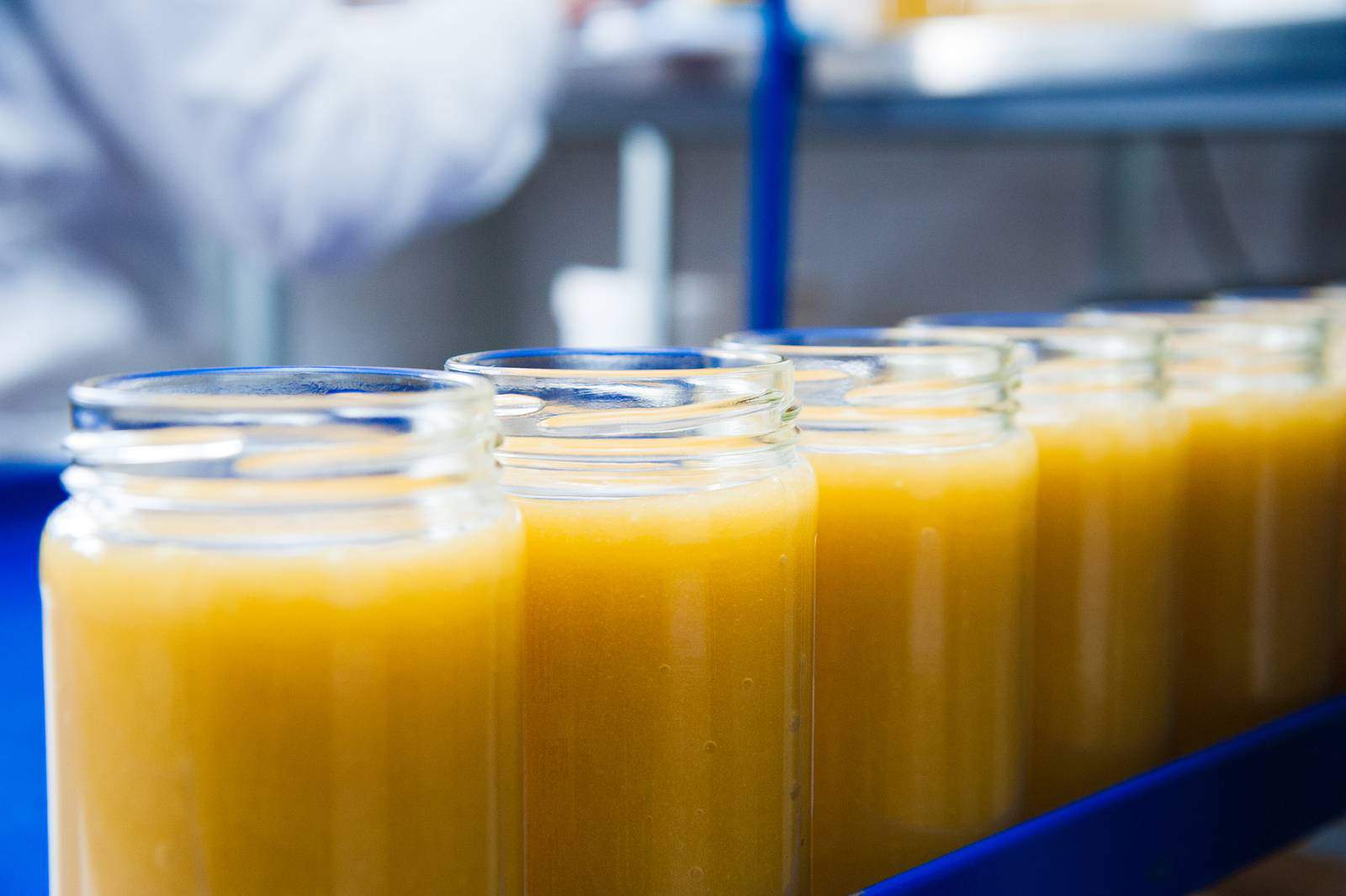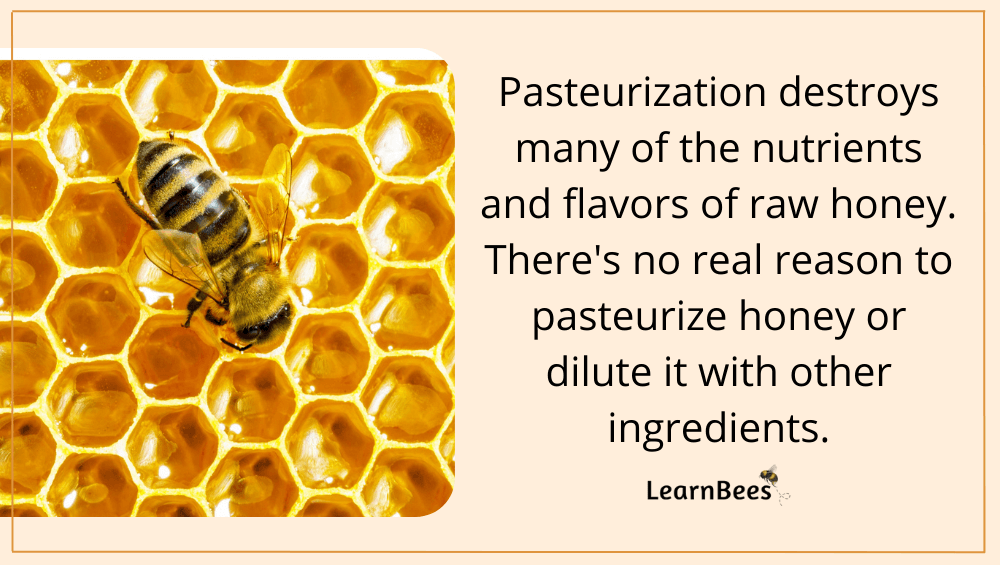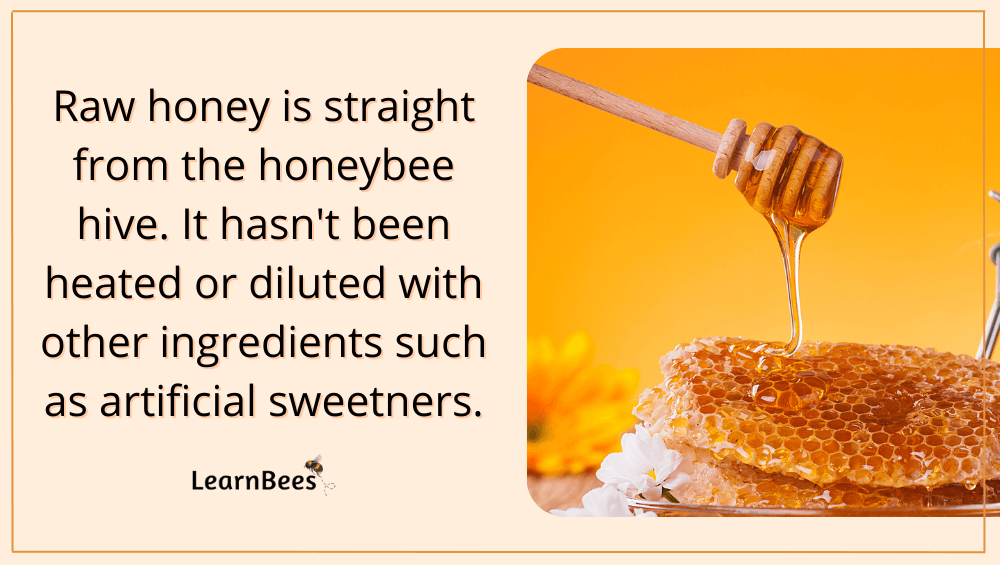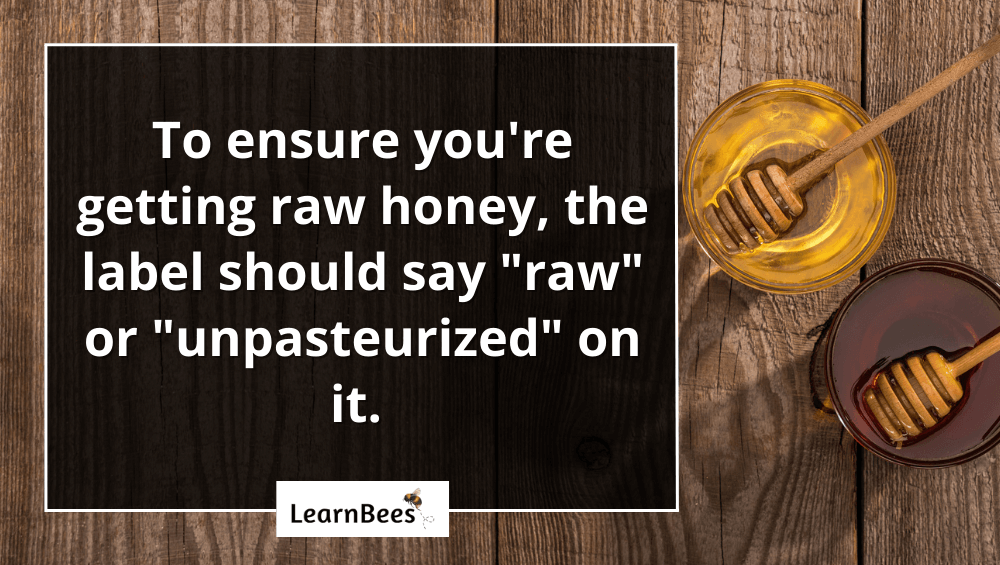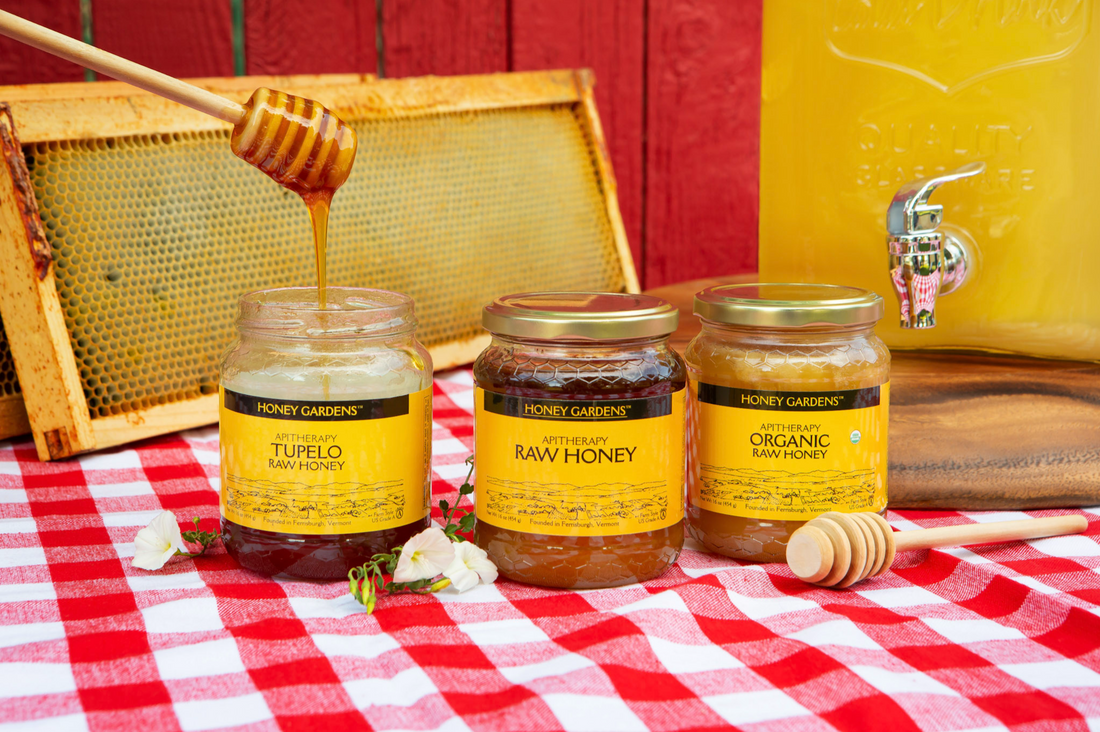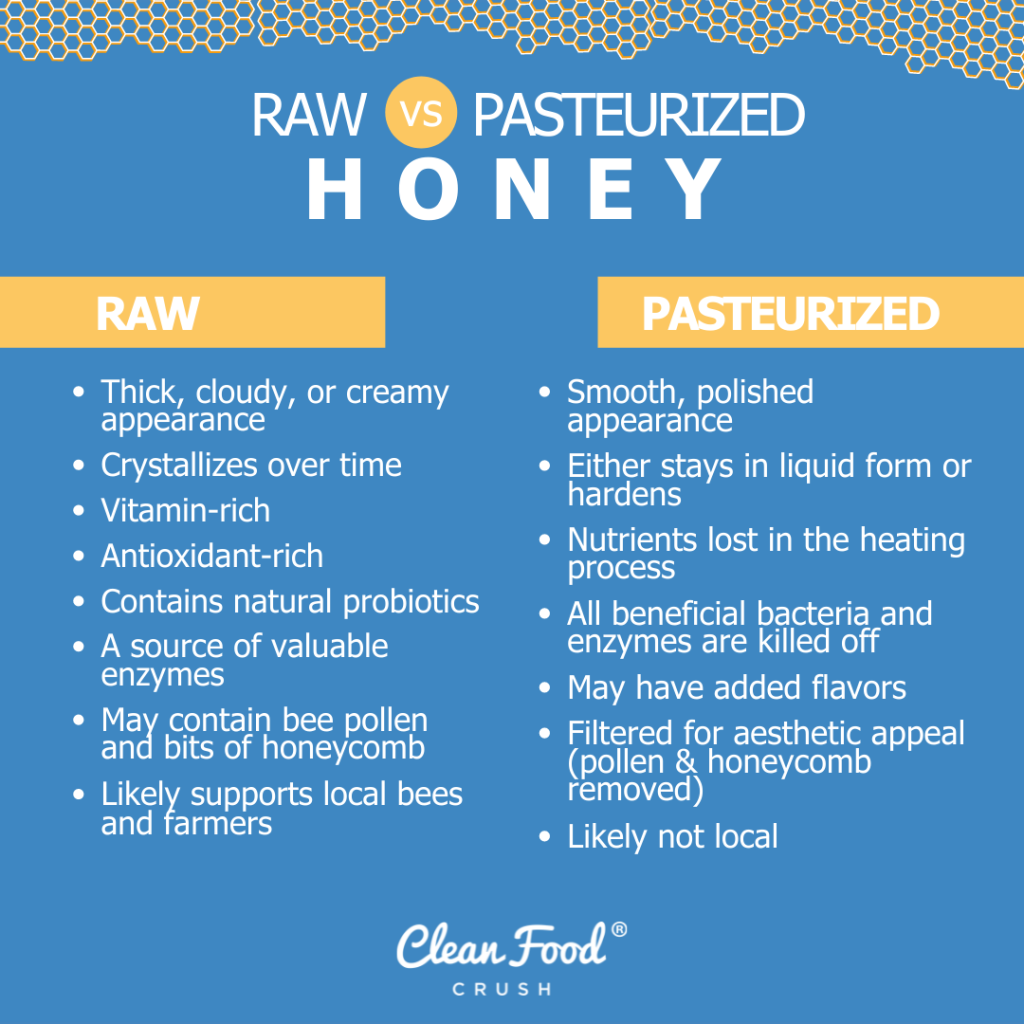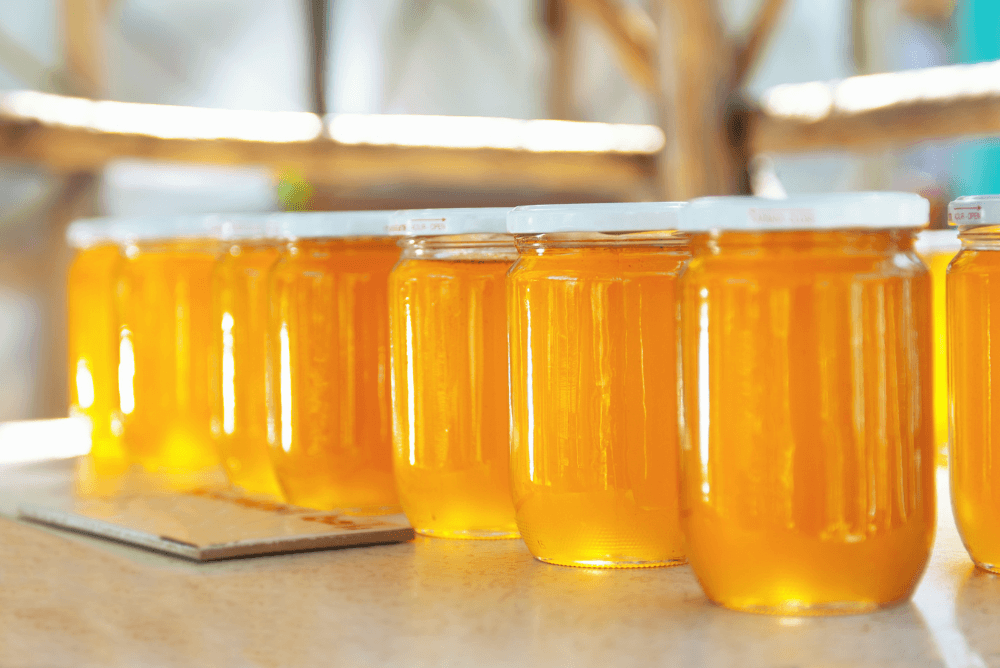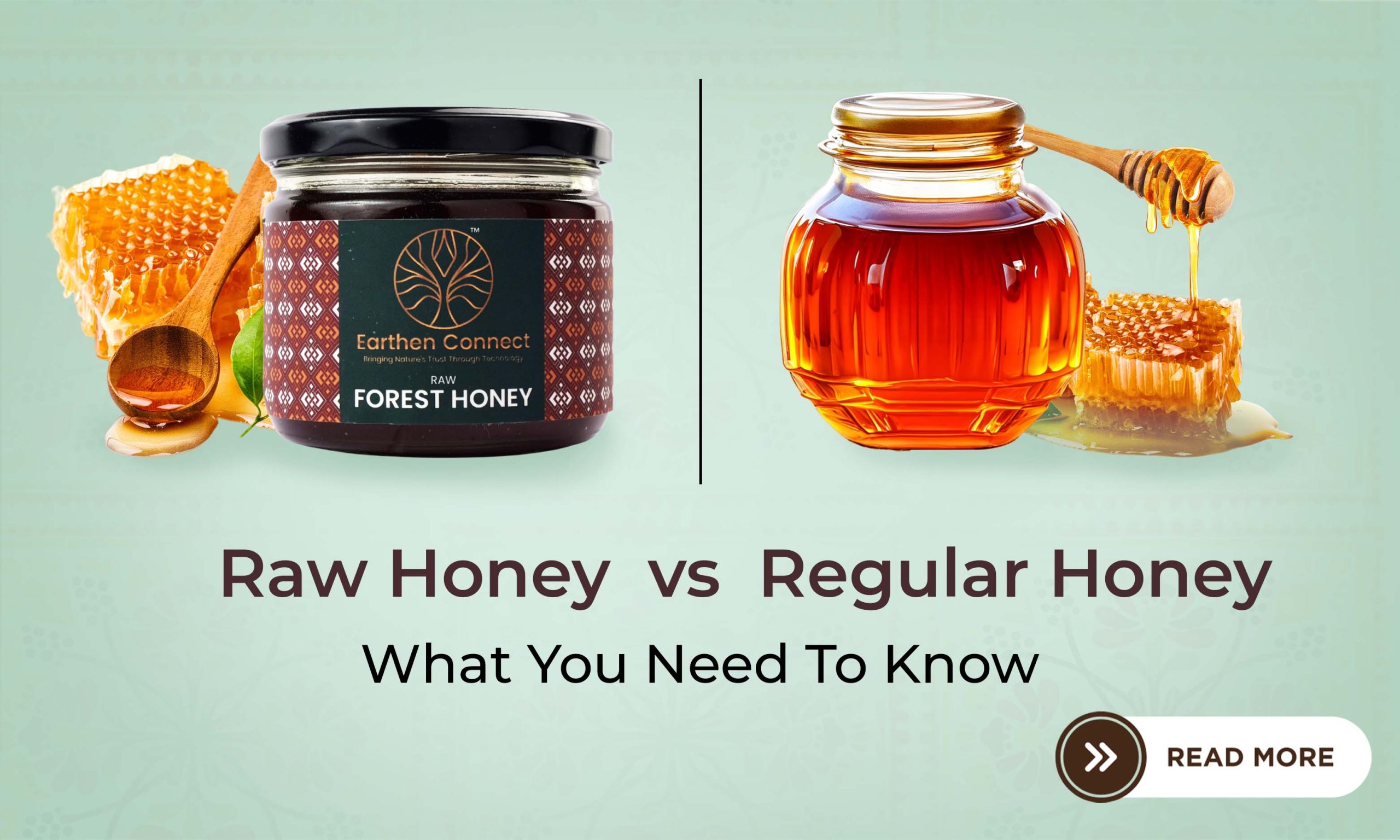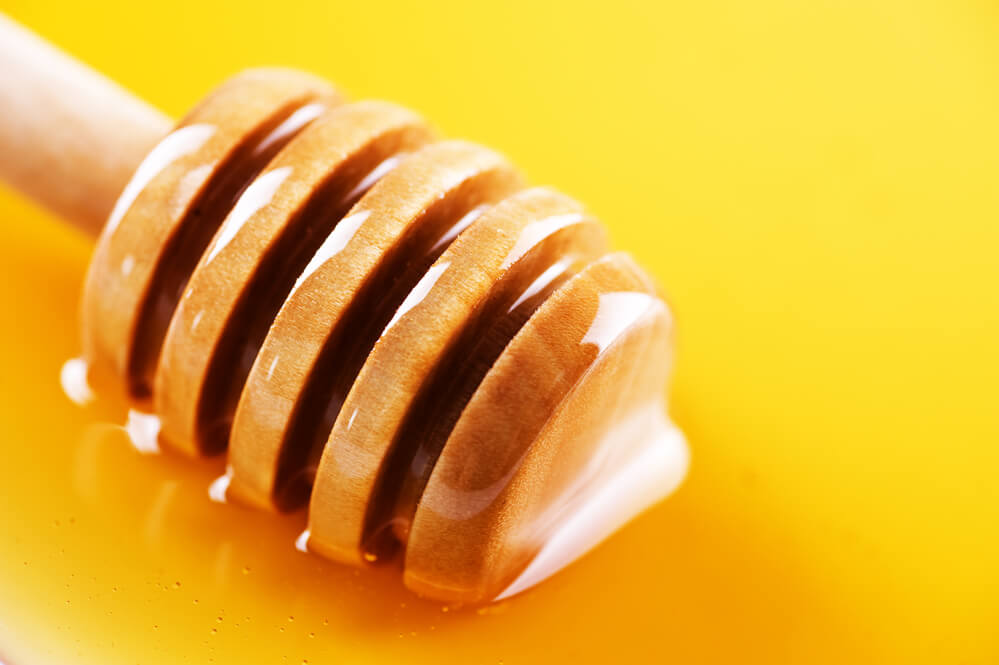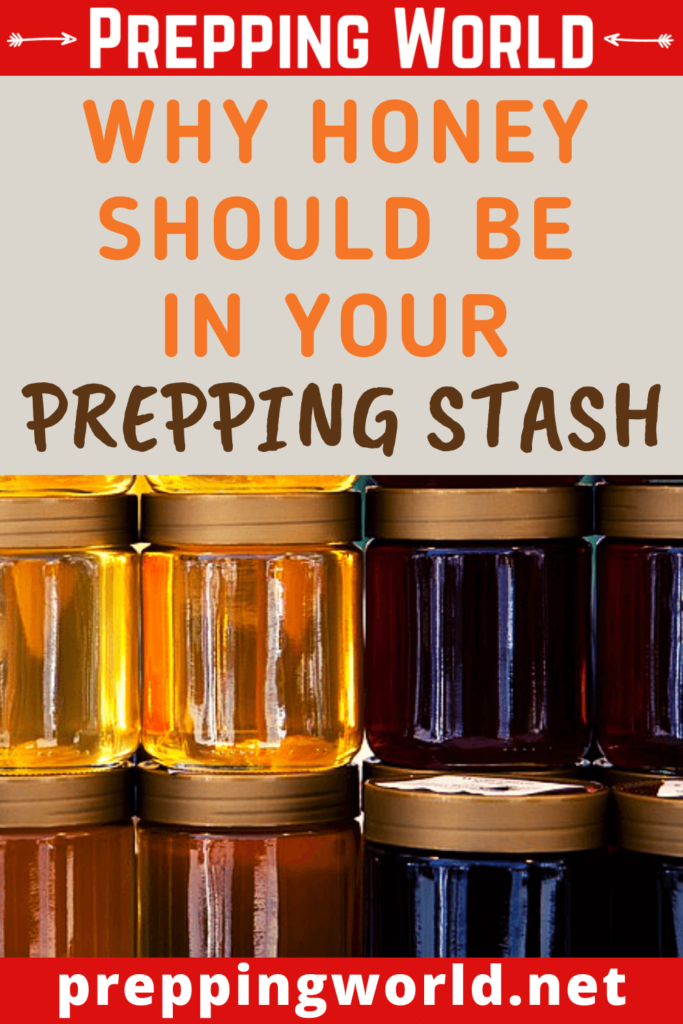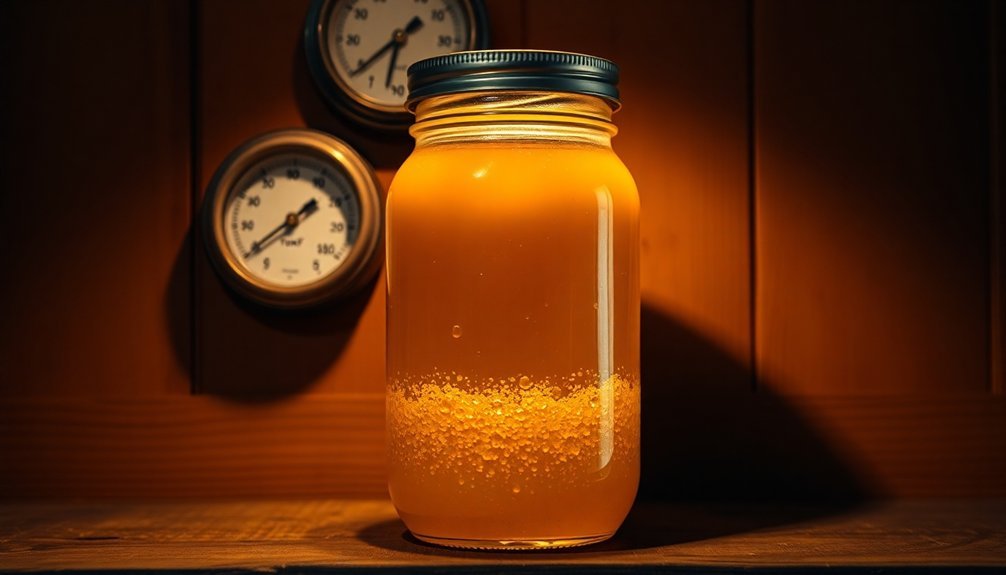Does Honey Need To Be Pasteurized
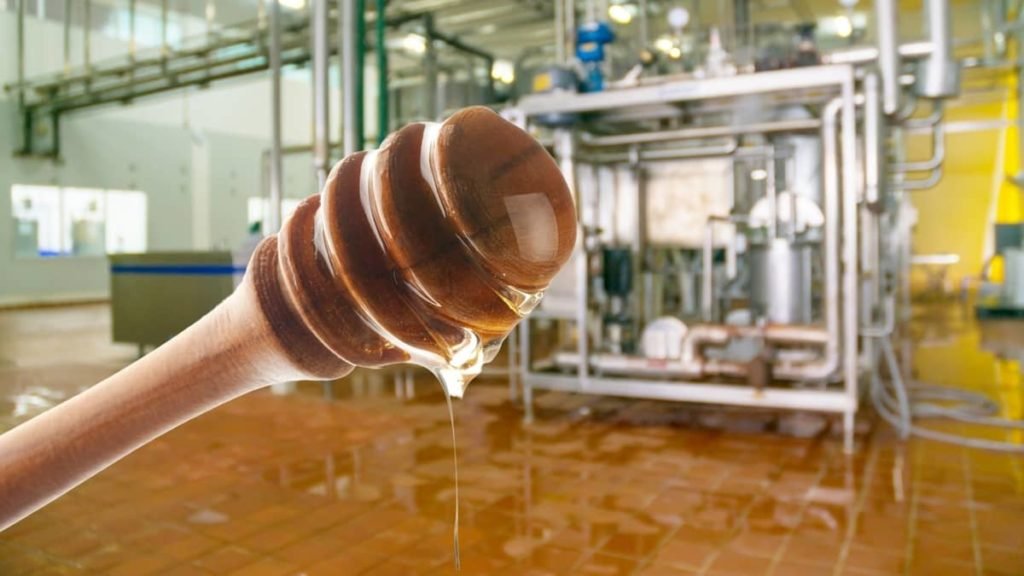
The golden, sweet nectar we know as honey, a staple in pantries worldwide, is increasingly subject to scrutiny regarding its processing methods. Specifically, the question of whether honey needs to be pasteurized is sparking debate among beekeepers, consumers, and food safety experts. The answer, it turns out, is complex and multifaceted.
At the heart of the discussion lies the question of quality versus safety. While pasteurization, a heat treatment process, aims to eliminate harmful microorganisms and improve shelf life, some argue that it compromises the honey's natural properties and nutritional benefits. This article delves into the arguments for and against pasteurization, exploring the science behind the process and its potential impact on the honey we consume.
What is Pasteurization and Why is it Done?
Pasteurization involves heating honey to a specific temperature, typically between 145°F (63°C) and 170°F (77°C), for a set duration, often ranging from a few seconds to a few minutes. The primary goal is to destroy yeast cells and inhibit crystallization, thus extending the product's shelf life and preventing fermentation. This process also eliminates certain bacteria and molds that could potentially spoil the honey.
Food safety is also a key concern. Pasteurization reduces the risk of Clostridium botulinum spores, which can cause botulism, particularly dangerous for infants. While botulism from honey is rare, health organizations like the World Health Organization (WHO) recommend caution, especially when feeding honey to young children.
The Case Against Pasteurization: Preserving Natural Goodness
Opponents of pasteurization argue that the heat treatment degrades honey's delicate enzymes, antioxidants, and other beneficial compounds. They believe that raw, unpasteurized honey retains more of its natural flavor, aroma, and medicinal properties. This argument centers around the idea that minimal processing is key to preserving the integrity of the product.
Enzymes like diastase, invertase, and glucose oxidase, naturally present in honey, are thought to aid in digestion and possess antibacterial properties. Heat can denature these enzymes, rendering them less effective. Furthermore, the antioxidants found in honey, such as flavonoids and phenolic acids, are also sensitive to heat and may be diminished during pasteurization.
Local beekeepers often advocate for raw honey, emphasizing its unique flavor profiles and the benefits of consuming honey produced in a specific region. They argue that the diversity of floral sources contributes to the honey's distinct characteristics, which are best preserved in its raw state.
The Perspective of Commercial Honey Producers
Large-scale honey producers often opt for pasteurization to ensure consistent product quality and meet market demands. The process helps to standardize the honey's viscosity, color, and clarity, making it more appealing to consumers. Pasteurization also simplifies distribution by extending shelf life and minimizing the risk of spoilage during transportation and storage.
From a business standpoint, pasteurization offers a level of risk management. It reduces the likelihood of product recalls due to fermentation or the presence of unwanted microorganisms. This is particularly crucial for companies distributing honey nationally and internationally.
Raw vs. Pasteurized: What Does the Research Say?
Scientific studies on the effects of pasteurization on honey's nutritional content have yielded mixed results. Some studies have shown significant reductions in enzyme activity and antioxidant levels after heating. Others have found that the impact is relatively minor, especially when honey is heated at lower temperatures for shorter durations.
A study published in the Journal of Agricultural and Food Chemistry examined the effects of different heating temperatures on honey's antioxidant capacity. The results showed that while some antioxidants were lost during pasteurization, the overall antioxidant activity remained relatively high.
Ultimately, the extent to which pasteurization affects honey's nutritional value depends on factors such as the temperature, duration of heating, and the specific type of honey being processed. More research is needed to fully understand the long-term effects of pasteurization on honey's health benefits.
Consumer Choice and Labeling
The decision of whether to consume raw or pasteurized honey ultimately rests with the individual consumer. Understanding the differences between the two types of honey is essential for making informed choices.
Clear labeling is crucial for helping consumers distinguish between raw and pasteurized honey. Terms like "raw honey," "unfiltered honey," and "unprocessed honey" typically indicate that the product has not been subjected to heat treatment. Consumers should carefully read product labels to determine whether the honey has been pasteurized.
Some argue that regulations regarding honey labeling need to be strengthened to ensure transparency and prevent misleading marketing practices. This would empower consumers to make choices that align with their preferences and health concerns.
Conclusion: A Matter of Priorities
The debate over whether honey needs to be pasteurized is not a simple one. It involves a complex interplay of factors, including food safety concerns, nutritional considerations, and market demands. While pasteurization offers benefits in terms of shelf life and consistency, it may also compromise some of honey's natural properties.
Consumers who prioritize food safety and extended shelf life may prefer pasteurized honey. Those who value the potential health benefits and unique flavors of raw honey may opt for unpasteurized varieties. Ultimately, the best choice depends on individual preferences and priorities.
As awareness of the differences between raw and pasteurized honey grows, consumers are becoming more discerning about the products they purchase. This increased demand for transparency and quality is likely to shape the future of the honey industry.
